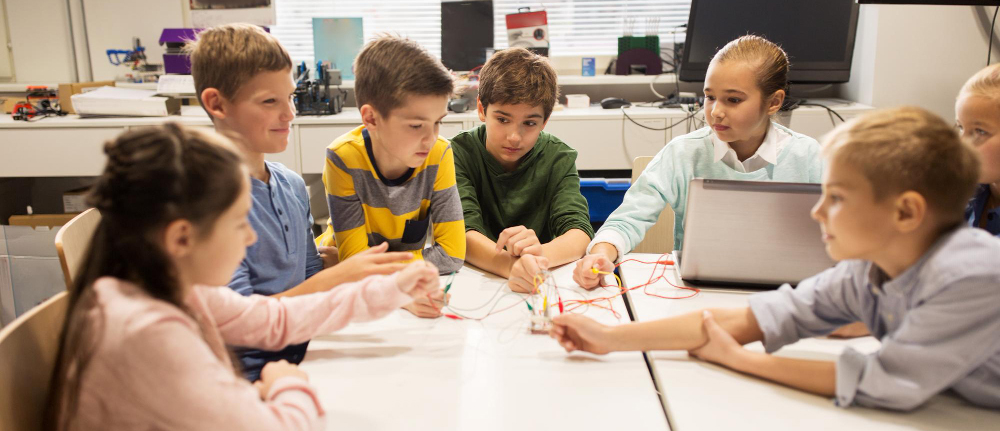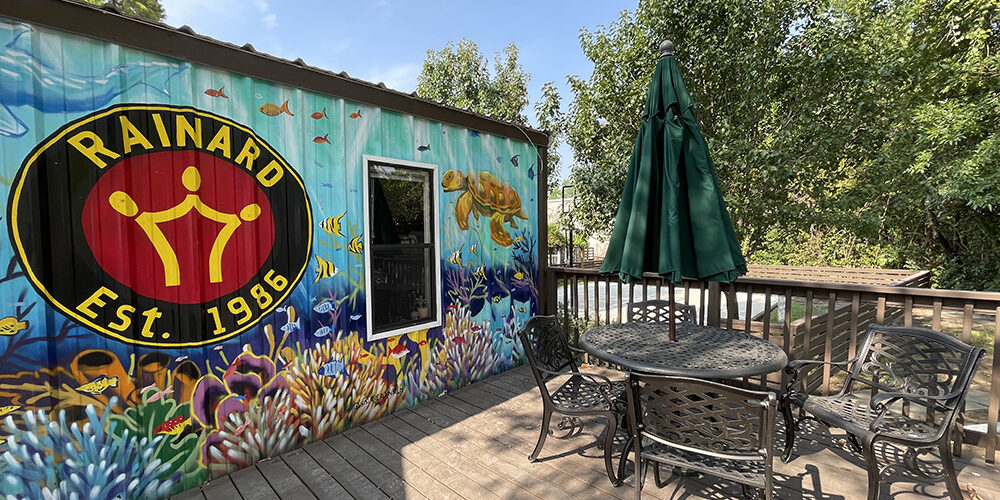Exploring the Difference Between GT Schools and Traditional Schools | Empowering Students for Success
The GT school model, such as the Rainard Model, differs greatly from traditional school. Let’s delve into the distinct features of the GT school model and compare them with traditional schools.
GT School Model | Emphasis on Critical Thinking
GT curriculum focuses on nurturing the unique intellectual capabilities of gifted students. Schools like Rainard recognize that gifted students require more than just information; they need to be equipped with problem-solving strategies, critical thinking skills, and the ability to adapt to complex situations. Our emphasis on strategic thinking prepares GT students to face real-world challenges and find innovative solutions.
On the other hand, traditional schools strive to educate all students, at all levels, with a strong focus on passing standardized tests. This often poses a challenge in accommodating the diverse learning needs and interests of gifted students. As a result, some gifted students may not receive the level of intellectual stimulation they need. This can hinder development of their critical thinking skills and set back their love of learning.

Self-Education and Interest Based Learning
One of the defining features of the GT school model is the encouragement of self-education and interest based learning. Gifted students thrive when given the freedom to explore topics of interest at their own pace. They find joy and wonder when they’re allowed to delve deeper into subjects beyond the standard curriculum. This fosters a sense of curiosity, motivation, and a lifelong love for learning.
Traditional schools, while providing foundational knowledge, often lack the flexibility required to cater to the diverse interests of gifted students. Consequently, some gifted students might feel disengaged or unchallenged. This leads to missed opportunities for cultivating their self-education and interest based learning capabilities.

Tailored Instruction and Small Class Sizes
At Rainard, we adopt a more personalized approach to education, recognizing that gifted students have varying strengths and learning preferences. Tailored instruction allow teachers to adapt their methods to suit each student's needs. Along with small class sizes, this creates a supportive learning environment which encourages the development of their unique talents.
Due to the constraints of larger class sizes and standardized curriculum, traditional schools often struggle to offer the same level of individual attention. While teachers strive to cater to different learning styles, the environment of the traditional classroom makes it difficult. The lack of tailored instruction can limit the growth of gifted students.
Fostering a Nurturing Community of Peers
At Rainard, building community is a priority. We act as a hub for gifted students to interact with like-minded peers. Our supportive community not only provides emotional and social enrichment but also encourages healthy competition. This nurturing environment helps gifted students feel understood and accepted, reducing the risk of social isolation and promoting a positive learning experience.
In traditional schools, gifted students may find it challenging to connect with peers who share similar interests and abilities. The absence of a strong peer community can lead to feelings of loneliness and frustration, potentially impacting their academic performance and overall well-being.

The differences between GT schools and traditional schools start at the core; how they’re organized and how the curriculum is presented and explored. Both school models aim to provide a quality education. Traditional schools play a crucial role in educating all students and all academic abilities. GT schools have the privilege to cater specifically to the unique needs of gifted students, empowering them for success in various spheres of life.

